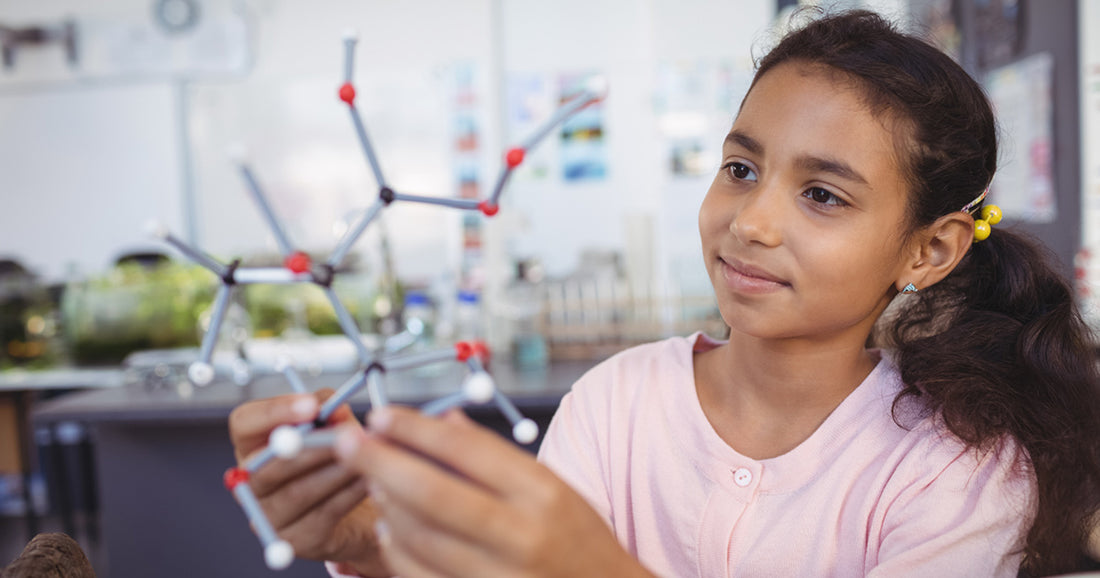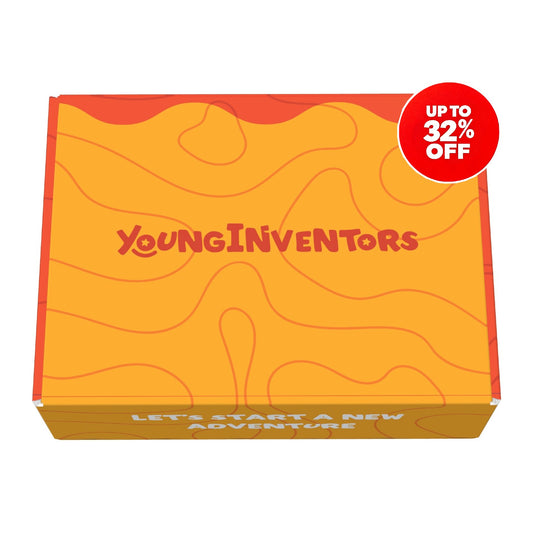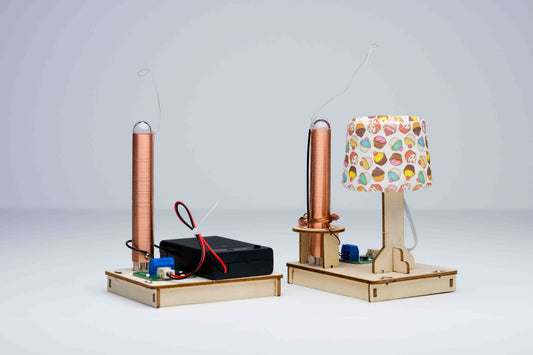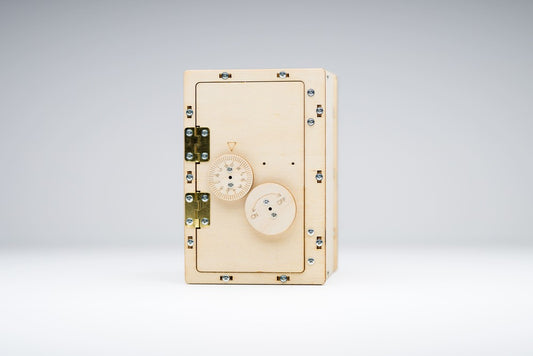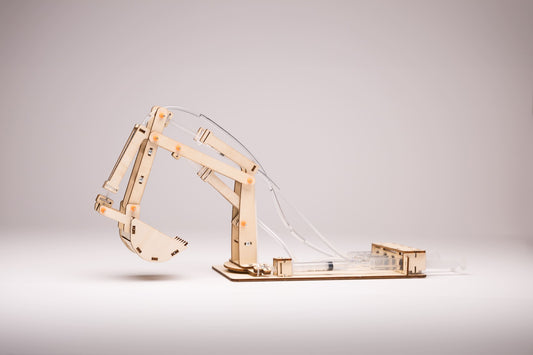STEM (Science, Technology, Engineering, Mathematics) learning is not just about understanding theories and concepts; it's about applying this knowledge to solve real-world problems. In this blog post, we'll explore how concepts learned through educational toys and kits, like those from Young Inventors, can be applied in everyday life, bridging the gap between theoretical learning and practical application.
Understanding the Environment Through Science
Science teaches us about the world around us. For instance, a child who learns about plant biology through a STEM kit can apply this knowledge to understand and engage in gardening. This includes knowing how plants grow, the importance of sunlight, and how to nourish them. Similarly, learning about weather patterns helps children understand and predict the weather, impacting everything from dressing appropriately to understanding climate change.
Technology in Everyday Problem-Solving
Technology is omnipresent in our daily lives. When children learn coding through educational toys or apps, they're not just learning to program; they're learning how to solve problems. For example, coding skills can lead to developing simple apps or games that address everyday challenges or entertain. Understanding how technology works also helps kids become more adept at using devices and understanding online safety.
Engineering Concepts in Daily Objects
Engineering principles are fundamental to much of what we see and use. Toys that involve building or creating structures, like those from Young Inventors, teach children about basic engineering principles. This knowledge can be applied in everything from understanding how a bridge bears weight to figuring out how to best organize a room or a closet for maximum efficiency.
Mathematics in Financial Literacy
Math is not just for solving equations; it's used in everyday financial decisions. When children learn math through STEM activities, they gain skills that can be applied in budgeting their allowance, understanding savings, and even calculating discounts while shopping. These are essential life skills that foster independence and financial literacy.
Real-World Applications of STEM Kits
STEM kits and toys often involve projects that mimic real-world scenarios. For instance, a kit that involves building a model car can teach principles of physics and mechanics. This knowledge helps children understand how actual vehicles work, including concepts like speed, acceleration, and energy efficiency.
Technology and Health
Learning about biology and technology through STEM can lead to a better understanding of health and wellness. Children can learn about how the human body works, the importance of nutrition, and how medical equipment functions. This knowledge is crucial for making informed decisions about health and understanding medical news.
Environmental Awareness
STEM education often includes learning about the environment and sustainability. This knowledge can be applied in everyday life by practicing recycling, conserving water, and understanding the impact of human activities on the planet. It also helps in understanding the importance of renewable energy sources and their role in future sustainability.
The real-world applications of STEM learning are vast and varied. By providing children with practical, hands-on STEM experiences, like those offered by Young Inventors, we equip them with the skills and knowledge to understand and interact with the world around them. This applied learning approach ensures that the concepts learned are not just theoretical knowledge, but tools for real-world problem-solving.

